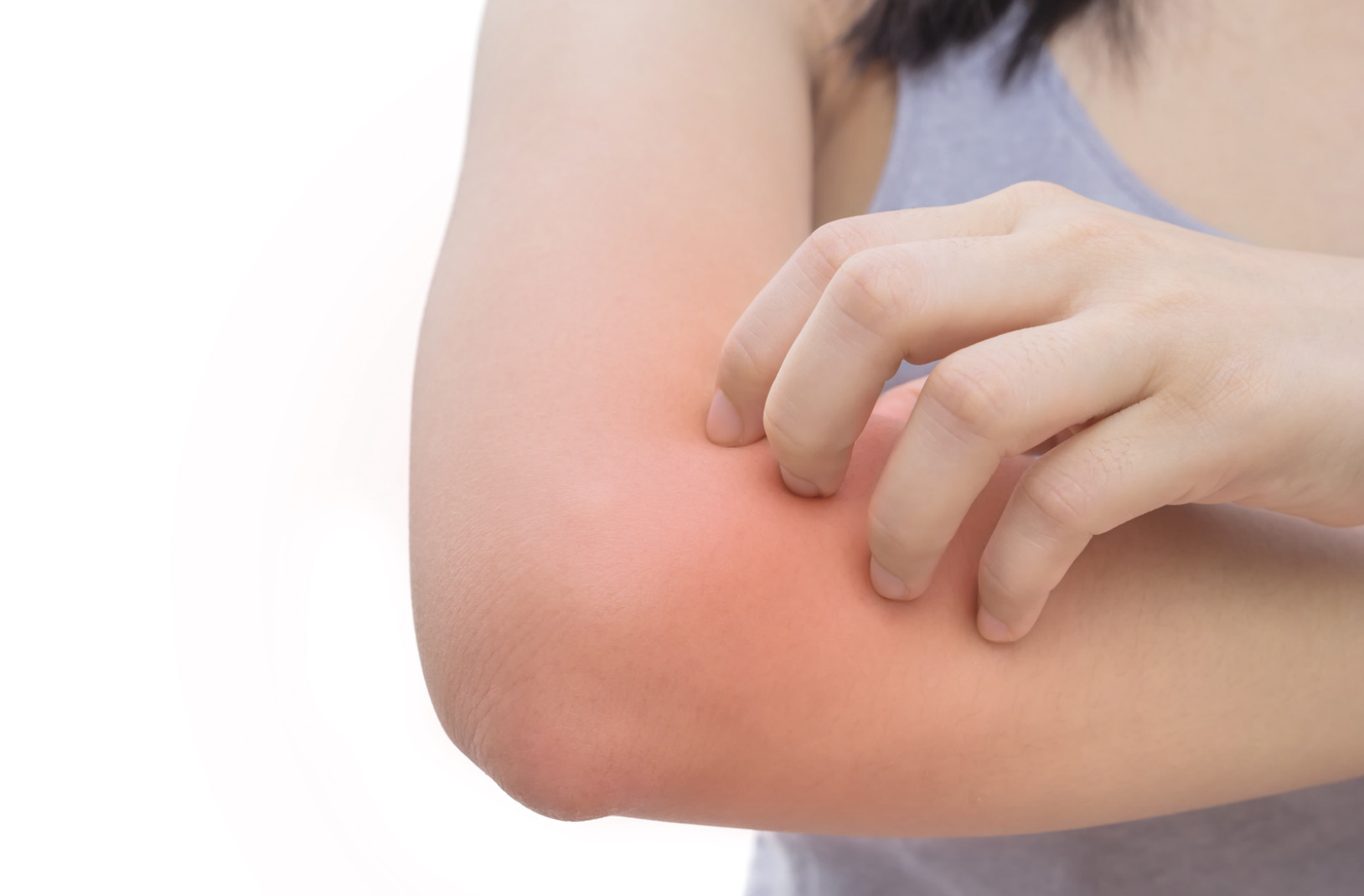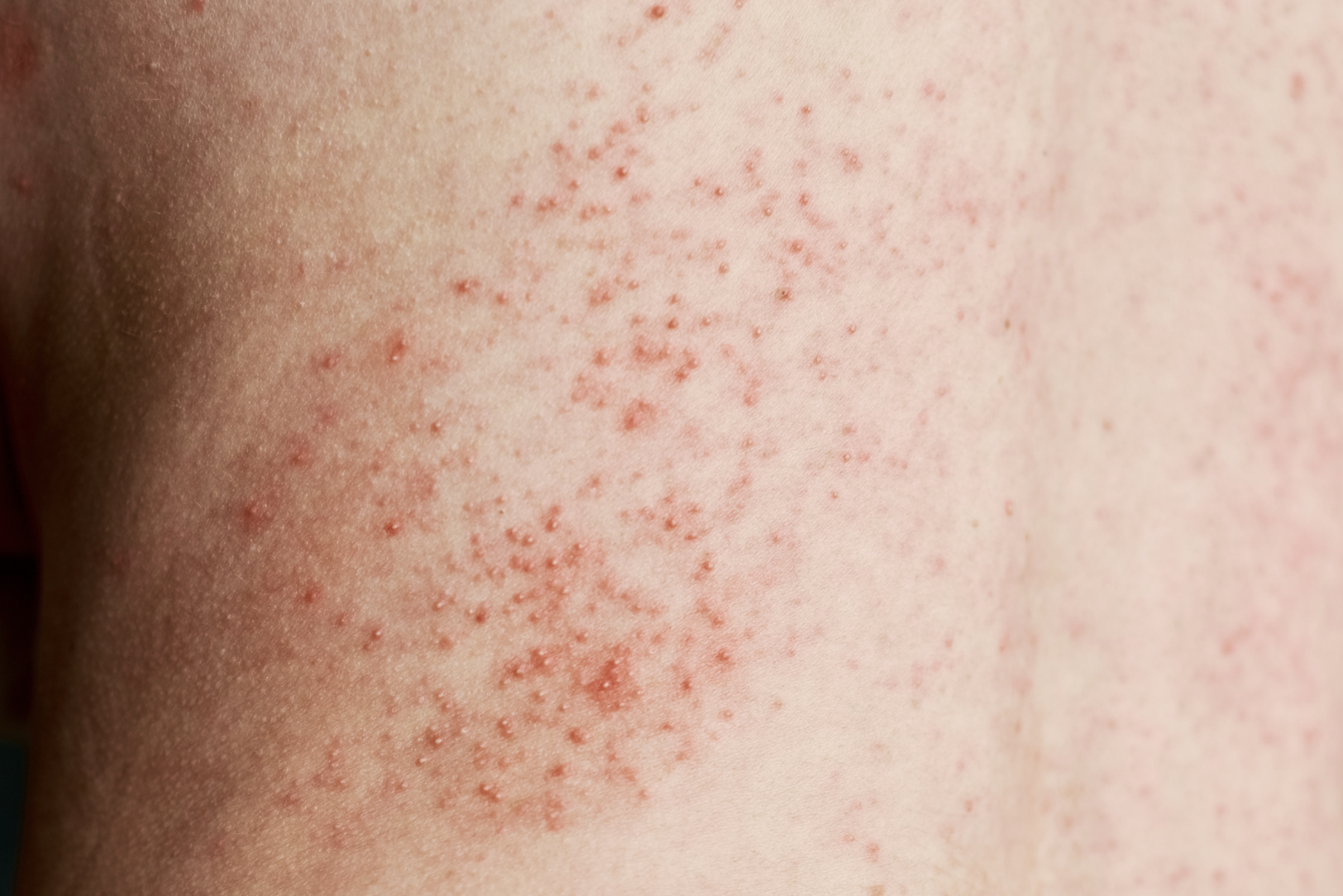
CANDIDIASIS
Have you ever heard of opportunistic infections (OIs)? They are caused by germs that generally cannot cause problems if your immune system works properly. However, these germs can cause serious health problems in people whose immune systems are weak.
What Is Candidiasis?
Candidiasis is an opportunistic infection caused by Candida albicans. Candida albicans is a fungus that usually lives harmlessly in the digestive tract. When conditions become favorable, the fungus grows out of control and causes infections.
Globally, candida infection is a public health problem. In the United States of America alone, candidiasis affects 55 million people.
Candidiasis is a common fungal infection caused by the overgrowth of candida species in the body. There are three main types of candidiasis: oral, vaginal, and cutaneous. These types of candidiasis have similar symptoms, but they all require different treatments. Remember that candidiasis is not contagious; it does not spread from person to person.
What Are the Types
of Candidiasis?
There are three types of candidiasis: oral, anal, and vaginal.
- Oral candidiasis happens when there is too much fungal growth in the mouth.
- Vaginal candidiasis occurs when there is too much growth in the vagina.
- Cutaneous candidiasis happens when Candida albicans invade the skin and nails.

What Are the Symptoms of Candidiasis?
Symptoms of candidiasis vary depending on which part of the body is infected, but generally, they include itching, redness, discharge from the affected area, fatigue, and difficulty concentrating. However, site-specific candidiasis will present with the following symptoms:
Oral Candidiasis
- Oral discharge
- White patches on the mouth
- Redness
- Loss of taste
- Pain while eating
- Cracking at the corners of the mouth
Vaginal Candidiasis
- Vaginal discharge
- Itching
- Pain during sex
- Swelling of the skin around the vagina
Cutaneous Candidiasis
Rash (on under the breast, buttocks, genitals, middle of the body, and other areas of skin.
What Are the Risk Factors for Candidiasis?
There are many risk factors for candidiasis, including:
- Diabetes
- HIV infection
- Cancer
- Smoking
- Compromised Immune system
- General health and nutrition
- Inadequate treatment
- Oral contraceptives
- Use of medications or other treatment
How Is Candidiasis Treated?
Treatment for candidiasis usually involves antifungal drugs, such as:
- Ketoconazole
- Itraconazole
- Voriconazole
- Fluconazoale
- Amphotericin B
Topical antifungal creams, such as
- Nystatin
- Clotrimazole
- Miconazole Nitrate
What Are the Complications of Candidiasis?
Complications of candidiasis sets in when the condition is poorly handled; a common complication of candida infection is fungal meningitis, an inflammation of the membranes that cover the brain and spinal cord. Candidiasis can also result in death.
How Can Candidiasis Be Prevented?
Although there are different sites of infection, candidiasis can be prevented by taking steps to avoid infection. One of the most important measures is handwashing, a simple and effective method that can eliminate nearly all cases of candidiasis. Other methods include:
- Good hygiene
- Wearing loose clothing
- Eating a balanced diet
- Drinking plenty of fluids
- Keeping your vagina healthy
- Avoiding touching your eyes, nose, and mouth
- Avoiding using public toilets
- Not sharing towels, razors, or toothbrushes with others
Every day, millions of people get micro-organisms on their skin through a natural process. Some of these organisms cause no harm, but some can become harmful if left untreated; this is where candidiasis comes into play. It is caused by fungi that live naturally in our bodies. The good news is that it is very easy to treat. If you think you might be having a candida infection, consult your doctor.
Schedule Your Candidiasis Appointment Today
Contact Dermatology & Surgery Associates to learn more about candidiasis.
Thousands of Bronxites Trust Dermatology and Surgery Associates
Dermatology & Plastic Surgery Under One Roof
Learn More About Our
Dermatology Services
Learn More About Our
